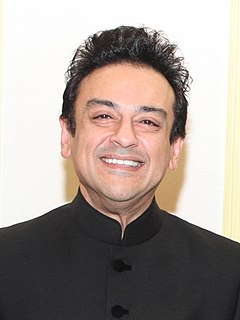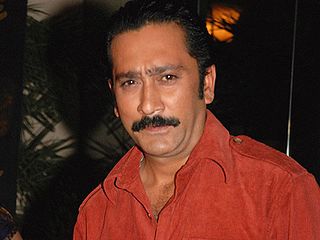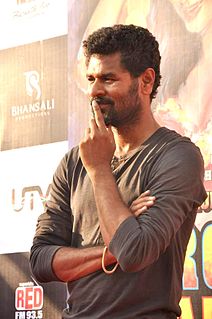A Quote by Adnan Sami
If someone ever decides to tell my story, it will make for a typical masala movie.
Related Quotes
We who make stories know that we tell lies for a living. But they are good lies that say true things, and we owe it to our readers to build them as best we can. Because somewhere out there is someone who needs that story. Someone who will grow up with a different landscape, who without that story will be a different person. And who with that story may have hope, or wisdom, or kindness, or comfort. And that is why we write.
You usually get one or the other, you get someone who knows how to tell a story but they don't necessarily know about light and camera and rhythm, or you get someone who can make beautiful images but they can't necessarily tell a great story. He does both and I think he's going to be one of the film-makers that our time is remembered for.



































